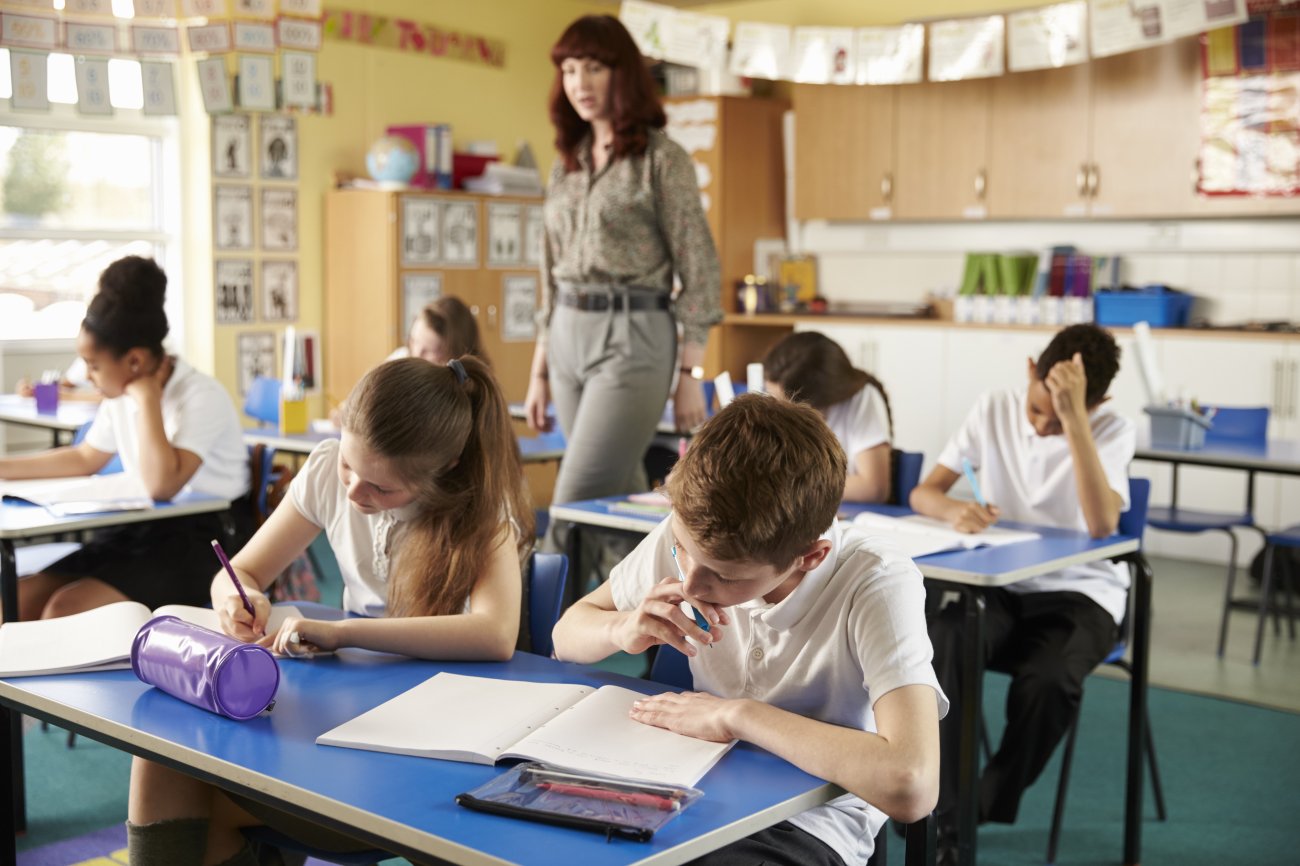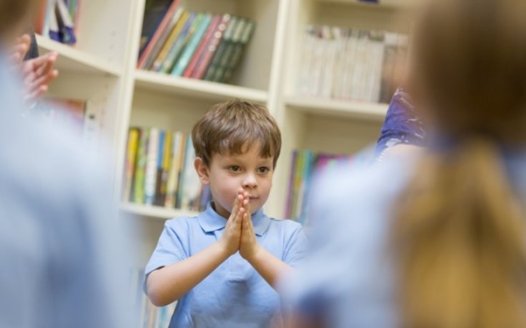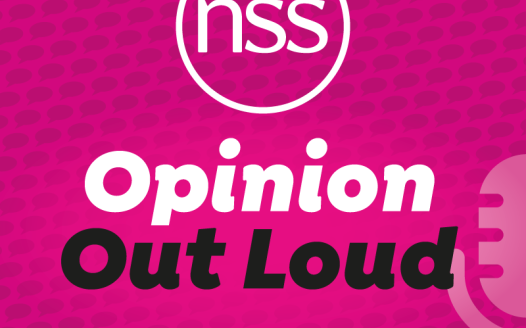NSS highlights religious barriers to inclusive education in NI
Posted: Mon, 15th Jan 2024
NSS response to inquiry calls for more integrated schools and more secular education system in Northern Ireland.
The National Secular Society has called on a parliamentary committee to work towards a secular school system which treats all families equally in Northern Ireland.
The Northern Ireland Affairs Committee is holding an inquiry into integrated education in NI, examining the cost and implications of NI's segregated schools and the expansion of integrated schools.
Over 90% of pupils in NI attend schools which are effectively segregated along Protestant and Catholic religious lines. The vast majority of schools have very few pupils from the 'other' community, with 30%having no representatives of the 'other' community at all.
Integrated schools proactively teach pupils from Protestant, Catholic and other religious and nonreligious backgrounds together, in an effort to end the serious problem of sectarianism in NI.
Despite the NI Assembly passing the Integrated Education Act in 2022, which requires the NI executive to support integrated schools, only 6% of schools are integrated and only around 7% of children attend them.
Religious opposition a "key reason" for lack of integrated schools
In its submission to the inquiry, the NSS said multiple surveys found high demand for integrated schools among Catholics, Protestants and nonreligious people in NI. In one 2021 survey, over 70% of respondents said integrated education should be the 'main model' for NI's education system.
But this demand outweighs the supply of integrated schools. In 2021/22, 16% of first preference applications to post-primary integrated schools did not result in admission to that particular school.
Furthermore, NI's education system is "lagging behind" NI's "significant and rapid" demographic changes, the NSS said. According to the 2021 NI census, 20% of NI's population are non-Christian, with 19% having no stated religion and 1% belonging to other religions.
Integrated schools are usually the most appropriate for children from non-religious and other non-Christian backgrounds, the NSS argued, due to their policy of actively educating children from different backgrounds together.
The lack of integrated schools means non-Christians are therefore "drastically underserved."
The NSS said opposition to integrated education from religious institutions and leaders is a "key reason" for the slow growth of integrated schools. It cited research commissioned by Northern Ireland Council for Integrated Education (NICIE) conducted between 2007 and 2008, which found over a third of integrated schools were publicly opposed by clergy.
This came mainly from Catholic clergy publicly discouraging Catholic parents from choosing an integrated school rather than a Catholic school.
The cost of segregated education
The NSS highlighted research from Ulster University last year, which found the religiously segregated education system costs taxpayers £226mn extra each year. This is due to unnecessary duplication of services such as school transport, increased administration expenses, and an excess of unfilled places.
Integrated schools would not only eliminate these costs, but would also negate the need for expensive "shared education" programs, in which pupils from Protestant and Catholic communities have "opportunities" to learn together. Shared education programmes, which are often funded through the Department of Education, totalled £191.25 million between 2020 and 2022.
While the financial benefits of educating children together in integrated schools are significant, the NSS said the social benefits are "perhaps of greater importance" because they "bring together children from different communities in a long-term and meaningful manner, thereby healing societal division".
Wider reforms to NI education
The NSS said increasing integrated school provision should be accompanied by other reforms to NI education "to ensure all its schools are suitable for its increasingly diverse and irreligious population".
This includes abolishing NI's collective worship laws and reforming religious education (RE) to be "broader, more balanced and more inclusive of other religions and beliefs".
In 2022, the High Court of Northern Ireland found the arrangements for collective worship and religious education (RE) breach Article 2 of the European Convention on Human Rights, which provides that the state "must respect the right of parents' religious and philosophical convictions in respect of education and teaching".
The law in NI compels state-funded schools to hold daily acts of collective worship, while its RE is Christian-centric as it aims to develop "an awareness, knowledge, understanding and appreciation of the key Christian teachings" and "an ability to interpret and relate the Bible to life".
NSS: Schools 'should not exist to serve religious agendas above education and welfare of children'
NSS head of campaigns Megan Manson said: "Integrated schools are one of Northern Ireland's best hopes for a more unified, tolerant and equal society, where Protestants, Catholics and those of other religions or none live together in cohesive communities.
"Unfortunately, their expansion has been hindered by opposition from religious institutions, which rely on schools under their control promoting their ethos to maintain their membership numbers.
"But schools should not exist to serve religious agendas above the educational and welfare needs of children and wider society. The Northern Ireland Affairs Committee must work to ensure integrated schools become the norm for NI.
"It should also accompany the expansion of integrated schools with wider reforms to NI's education, to make it more secular and inclusive for NI's changing demographics."
The call for evidence closes on Thursday 18 January. Submissions can be made here.
What the NSS stands for
The Secular Charter outlines 10 principles that guide us as we campaign for a secular democracy which safeguards all citizens' rights to freedom of and from religion.










